Transport Canada has issued standards for drivers, fleet managers, and owner-operators to consider when they choose a vehicle log book. Electronic logbook providers must follow these standards for their devices to be certified by a Transport Canada approved accreditation body. If you are searching for an electronic logbook solution, it is worth taking some time to look around and explore your options. This article will go over some key questions and recommendations to find the best vehicle logbook for you.
HOS247 Offers a Fully Featured Top-Rated Vehicle Log Book
HOS247 has become a trusted ELD provider in Canada and the United States. Users appreciate the fact that we take care of the needs of drivers and carriers with additional benefits, such as:
- Supports multiple HOS rules and exemptions. The HOS247 vehicle log book is programmed to support updated HOS and ELD rules and exemptions.
- Reliable connection and hardware. HOS247 has been tried and tested to make sure the connection between the hardware and the Bluetooth is at peak performance at all times. The hardware has a one-year warranty and only takes a couple of minutes to install. If anything malfunctions during the first year, it will be replaced for free.
- Top-rated customer support. Our technical support staff is knowledgeable and ready for English, Spanish, Russian, and Polish speaking customers. We are available seven days a week to provide assistance; no matter if you are dealing with an issue on the road or just need a little log book vehicle device insider knowledge.
- No-contract policy. You do not need to commit to a provider for years on end. HOS247 offers customers the option of managing their service on a monthly or yearly basis, as well as a two-week trial period. If you are not satisfied, you may return the device and get a complete refund, full-price, and hassle-free.
- Compatibility. HOS247 runs efficiently on both Android and iOS smartphones and tablets to better adapt to the driver’s choice.
- Extra features. Optimize your business operations with GPS tracking, IFTA mileage calculations, vehicle diagnostics, and more.
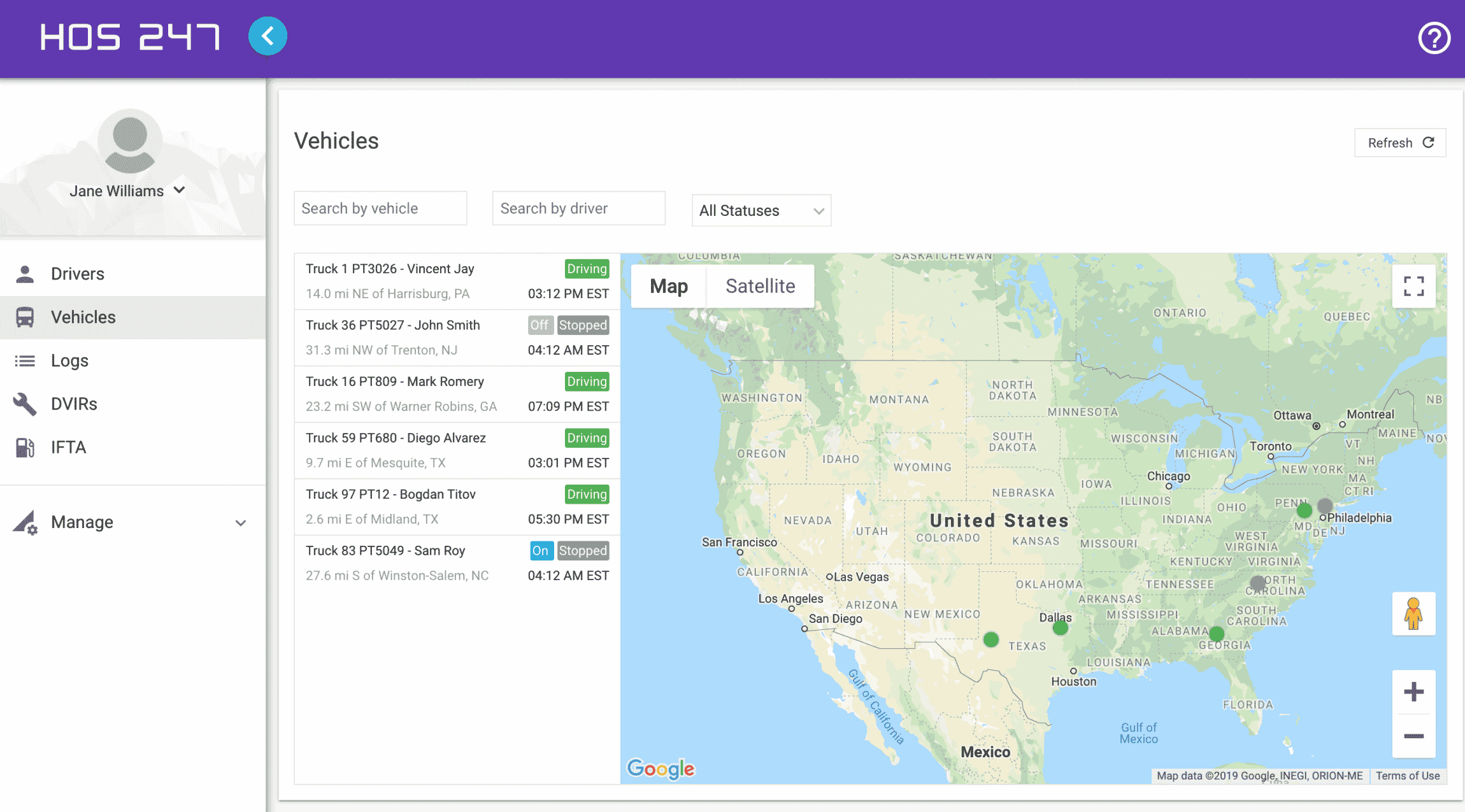
How Are Paper Logs Different from Elogs?
For many decades now, commercial vehicle drivers have had to keep records of their hours of service. Most drivers probably still log their data on paper by filling in a grid with a box assigned to each hour of the day and a section for each duty status. These are filled manually, taking up extra time and effort for drivers. According to the new ELD mandate, commercial motor vehicles must use electronic logbooks to keep drivers’ HOS records beginning January 1, 2023. Electronic RODS are managed much more quickly since the data is recorded through a device connected to the vehicle’s engine. Still, paper logs may be used for operations under exemption, which include the following:
- Holders of special permits.
- Carriers with a statutory exemption.
- Vehicles under rental agreements of 30 days or less.
- Vehicles manufactured before the year 2000.
If the ELD malfunctions, the driver might not be able to access the records. In those cases, they will be able to notify their carrier and keep the RODS for the day on paper logs. Records will be kept on paper until the electronic logbook has been repaired or replaced. Transport Canada will allow this to go on for 14 days or until the driver makes it back to their home terminal after the current trip. It is best for drivers to know how to fill out a vehicle log book manually for these situations.
How Does the HOS247 ELD Work?
Let’s have a brief overview of the elog system. What does a vehicle log book look like? Broadly speaking, elogs have two main components: hardware and software, device and app. The HOS247 ELD has a small hardware set designed to be installed quickly and easily. The device then connects to the engine control module to record the data. The logbook app can be downloaded from an online store onto an Android or iOS device. The app is then synchronized via Bluetooth to the engine’s hardware piece and the system will be operational.
The vehicle log software will keep updated HOS records at all times, as well as dates, times, locations, and miles driven. The device will not record information outside of what is needed to keep RODS. It will have no control over the vehicle. Drivers will have an account they must access to have the elog record all of this data.

Can Vehicle Log Book Records Be Edited?
The information collected by the elogbook cannot be deleted or overwritten, but some edits can be made by someone with clearance (a driver or the carrier office) when absolutely necessary. Keep in mind that electronic logbooks automatically record all of the time that a vehicle is in motion as driving time. This time recorded as “driving” cannot be edited or changed to “non-driving”.
According to the Canadian Council of Motor Transport Administrators, the original records remain even when edits and annotations are made and the driver must be able to get a copy of their RODS either on paper or electronically for the next six months, which is the time carriers must retain drivers’ HOS records.
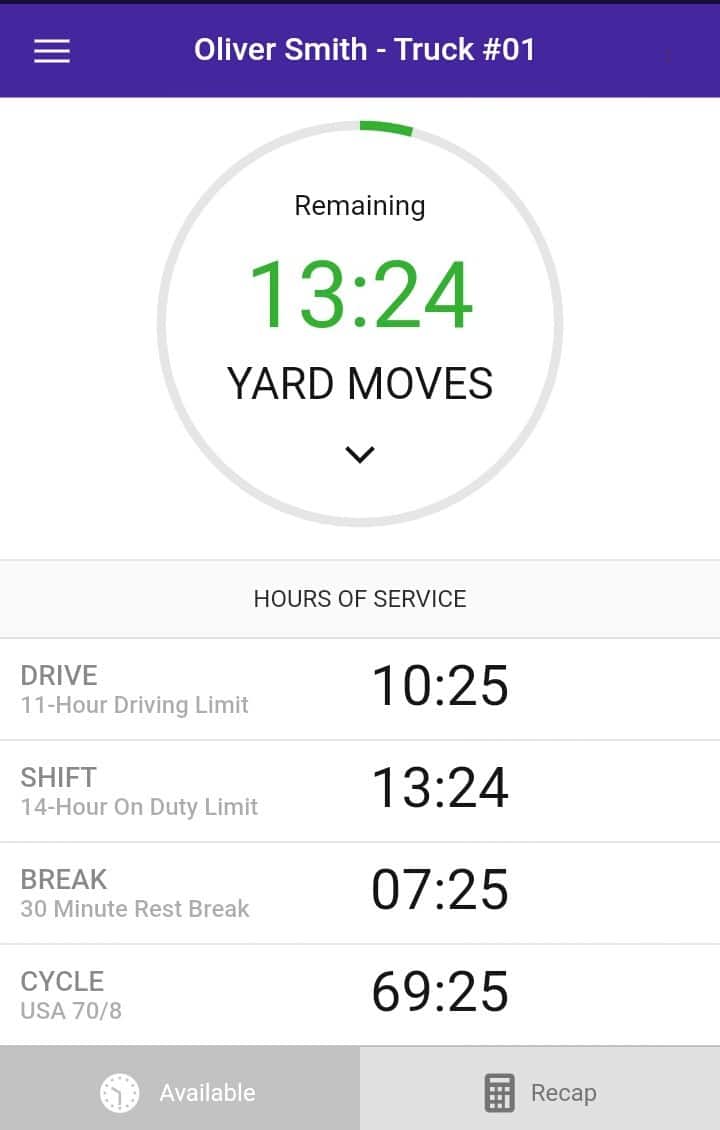
What Happens When a Logbook Malfunctions?
Transport Canada requires electronic truck driver logs to detect malfunctions and data inconsistencies. Procedures have been established for drivers and motor carriers to stay compliant through these events. Malfunctions might be related to power issues, unidentified driver records, data transfer or synchronization, missing data, timing, or vehicle positioning. In general, drivers can solve data inconsistencies by following the instructions of the ELD providers, while motor carriers must correct malfunctions.
Drivers are responsible for catching malfunctions and notifying the motor carrier the next time the vehicle is parked. If the HOS records cannot be retrieved for the current shift, they’ll have to reconstruct them on a graph-grid paper log in case of an inspection. They may keep their RODS on paper until the ELD is working properly. On the carrier’s part, responsibilities regarding malfunctions are to repair, replace or service the ELD in the 14 days after the driver informs them of the malfunction, or when the driver comes back to the home terminal in case the trip is longer than 14 days, and make sure the driver keeps paper RODS until the truck driver log is fixed.
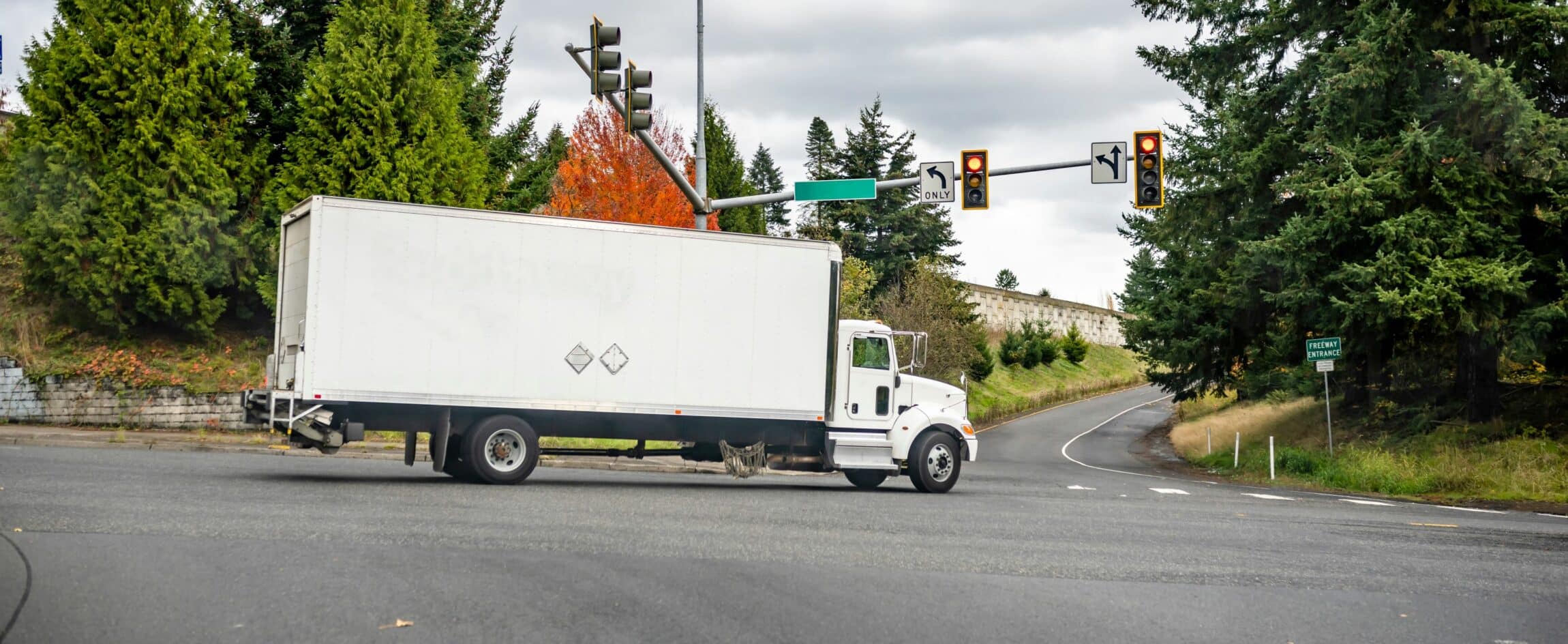
Although staying compliant through an ELD malfunction is possible, it is also time-consuming and inconvenient for your business. To avoid this, make sure your ELD solution is reliable, presents minimum inconsistencies, and has an available customer support service.
How to Make Sure a Vehicle Log Book Is in Compliance with Transport Canada Regulations?
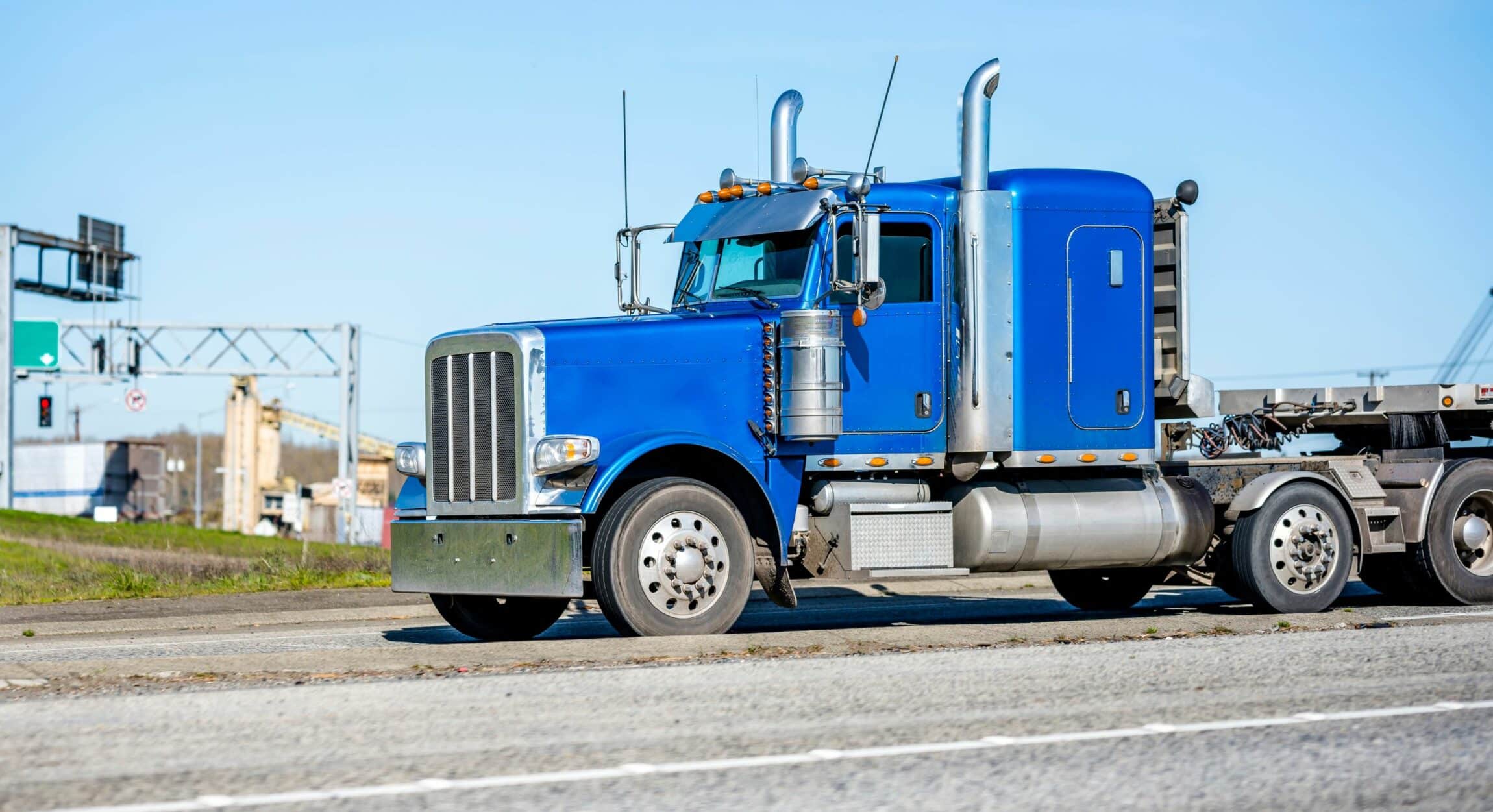
Transport Canada has approved three third-party certification bodies to test electronic logging devices’ software and hardware. A certification scheme is followed to ensure electronic logbooks successfully fulfill the requirements of the Technical Standard. When an elog vendor passes these tests, they will receive a certification for their device and will be monitored and subject to further testing in the future to make sure they stay compliant.

I’ve co-founded, built and managed several transportation-related businesses. Now, I’m a founder and CEO of HOS247 – an AI Transportation Platform for trucking companies, freight brokers and other logistics operations. We are transitioning old-style operations to technology-advanced logistics entities and help them to grow their businesses. ELDs (electronic logging devices), fleet tracking and management 2.0 combined with AI-powered dispatch tools.











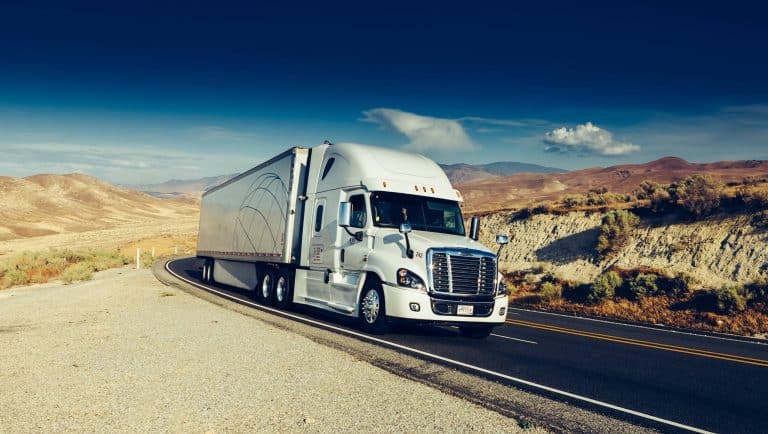
In order to comply with ELD regulations, fleet managers and owner-operators need to do their due diligence before the mandate is in full effect. If you are looking for a dependable truck log book for sale, it is important to
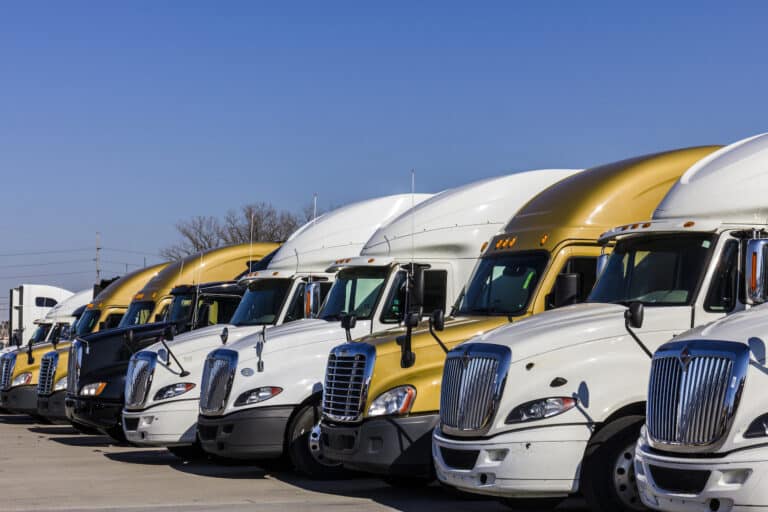
Transport Canada has issued standards for drivers, fleet managers, and owner-operators to consider when they choose a vehicle log book. Electronic logbook providers must follow these standards for their devices to be certified by a Transport Canada approved accreditation body.

The trucking industry has come a long way since the early days of log books. These essential records have been a part of the commercial driving landscape for decades, serving as a critical tool for ensuring compliance with hours of